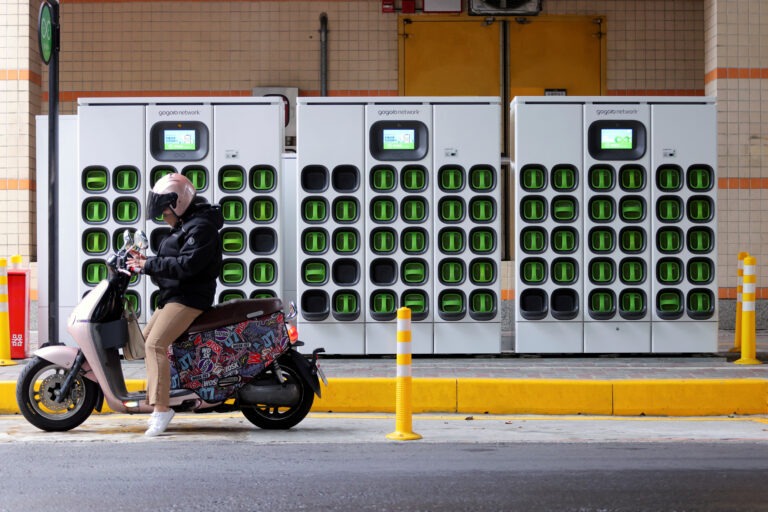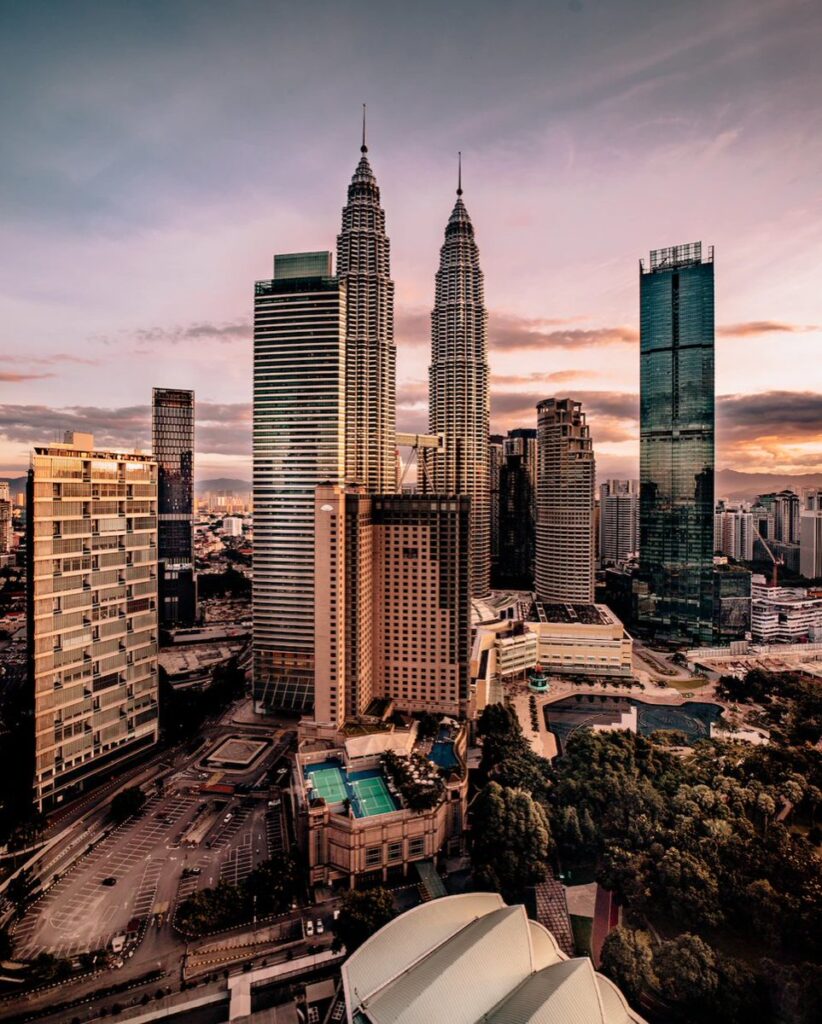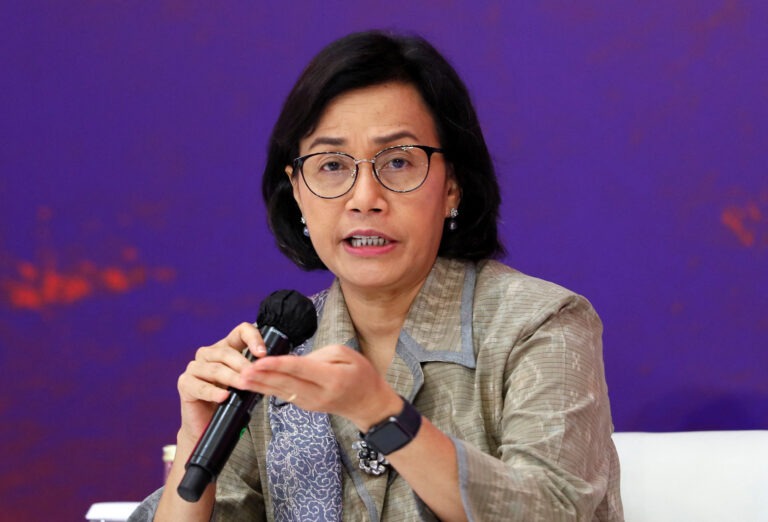China’s Double Mission Defined
Dubbed Tianwen 4, it will include a larger spacecraft destined for Jupiter and a smaller spacecraft sent flying from distant Uranus. The pair will launch from a Long launch vehicle on March 5 and perform one flyby of Venus and two flybys of Earth to launch the spacecraft into orbit toward the outer solar system before separating and heading to their respective destinations.
Relevant information was given by the China National Space Administration (CNSA) at an international astronautical conference in Paris.
The scientific goals of the mission are still under discussion, according to Space.com. The main spacecraft will study the Jupiter system and eventually orbit the satellite Callisto. The smaller craft will attempt a close pass by Uranus.
China launched its first interplanetary mission in 2020, sending the Tianwen 1 spacecraft and the Zhurong rover to Mars. This mission was awarded a few days ago by the International Astronautical Federation during the astronautical conference in Paris. The 240 kg solar-powered Zhurong rover is currently in hibernation until the Martian winter passes in the northern hemisphere. It is expected to resume its activities in December or January, when it will be able to receive more solar radiation.
China is planning the complex Tianwen 3 mission to launch in 2028, intending to bring the rover’s collected samples back to Earth. It will be preceded in 2025 by the Tianwen 2 mission to collect a sample from asteroids and return it to Earth.

The Great Phenomena of Japan’s Discover of a Drop of Water
In the grains of dust collected by the Japanese craft Hayabusa-2 from the asteroid Ryugu and sent to Earth, a drop of water was found – among other things – as announced by Japanese scientists. This discovery strengthens the theory that life may have developed in space and then transferred to our planet from outside when asteroids or comets with water “bombarded” the Earth.
“This drop of water is of great importance. Many researchers believe that the water was transported (from space). We actually discovered water on Ryugu, a near-Earth asteroid, for the first time,” lead researcher Tohoku University Tohoku Nakamura told AFP. The analyzes so far show the finding of organic materials and some amino acids, which are the building blocks of life.
However, according to many analysts, in addition to scientific curiosity and the irresistible attraction that space exerts on people, the intensifying involvement with space partly hides the acknowledged or unacknowledged military and business goals of an increasing number of states, which feel insecure with similar space activities. Initiatives of their competitors and realize that they risk being left behind.
Features and Characteristics of Competition Programs
China does not hide that it wants to become a competitor to the space dominance of the USA, while Putin’s Russia promotes space programs as in the past of the Soviet Union. Europe, slowly but surely, is increasing its space “footprint”, as is Japan, which has the terrestrial anxiety of neighbouring China and North Korea.
Even though it seems the competition is spreading. The United Arab Emirates wants to establish itself as the first space country in the Arab world, and Israel wants to go to space for prestige reasons. Not only that, South Korea wants the same (because of North Korea), while India is ramping up its space ambitions, mainly due to geostrategic competition with China and Pakistan.
Future Usage
The largest will be NASA’s Artemis 1 unmanned mission, the first stage in the return of American astronauts – including the first woman to walk on the moon. A few years later, the original goal of 2024 is probably no longer achievable.
In the second half of 2022, the Indian Space Research Organization (ISRO) will make a second attempt to land on the moon with the Chandrayaan-3 spacecraft after the failure of the previous one in 2019, which crashed on the moon due to a software error. India’s lunar rover Vikram is this time planned to explore the polar lunar environment.
The Japan Aerospace Exploration Agency (JAXA) will send a rover near the moon’s equator. At the same time, the United Arab Emirates plans to send to the moon this fall – it will be the first Arab country – the rover Hakuto-R (made by the Japanese company ispace) and the Rashid rover (built by the UAE in Dubai).























